Tunisia Tours & Holidays
Small Group Tours & Tailor-Made Holidays
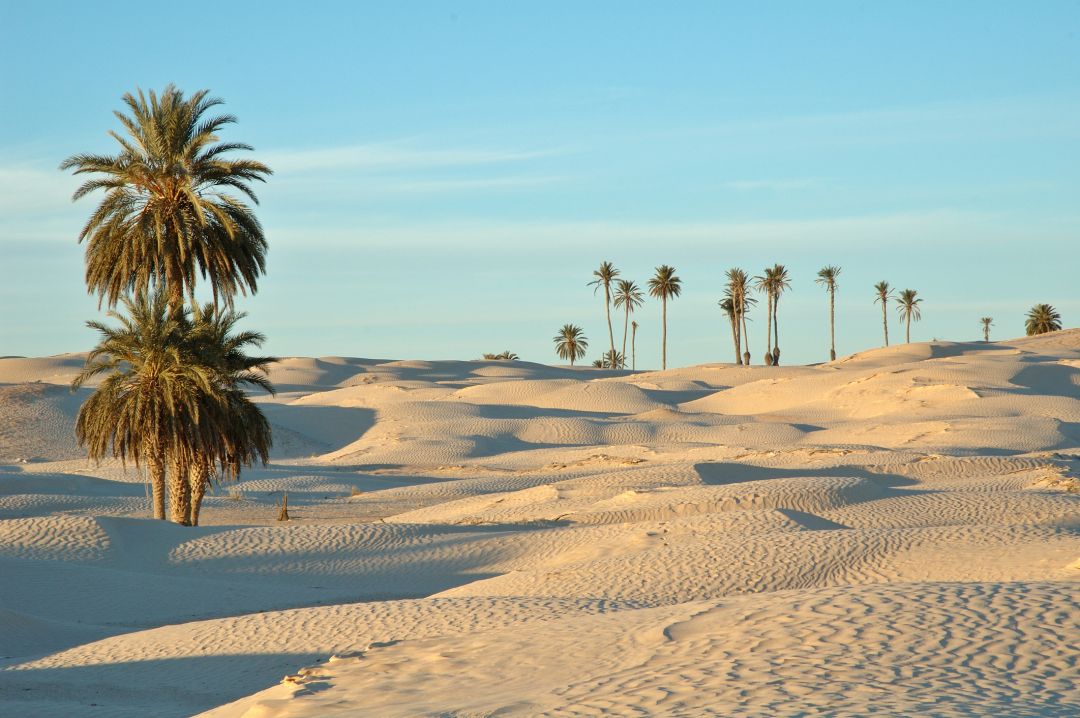
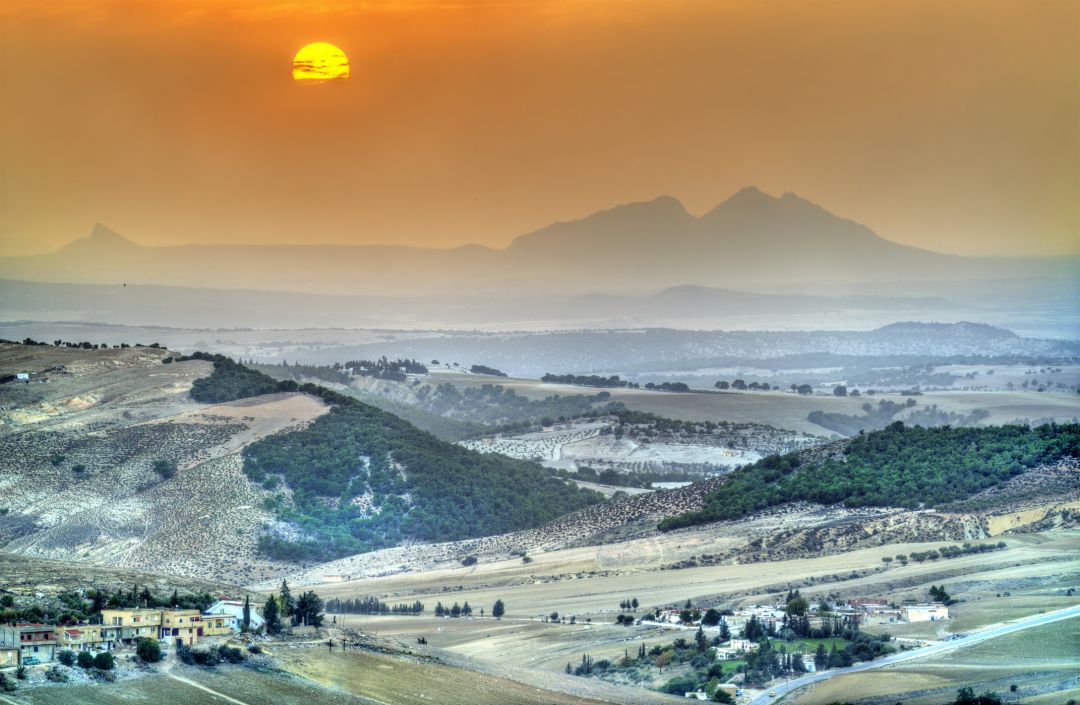
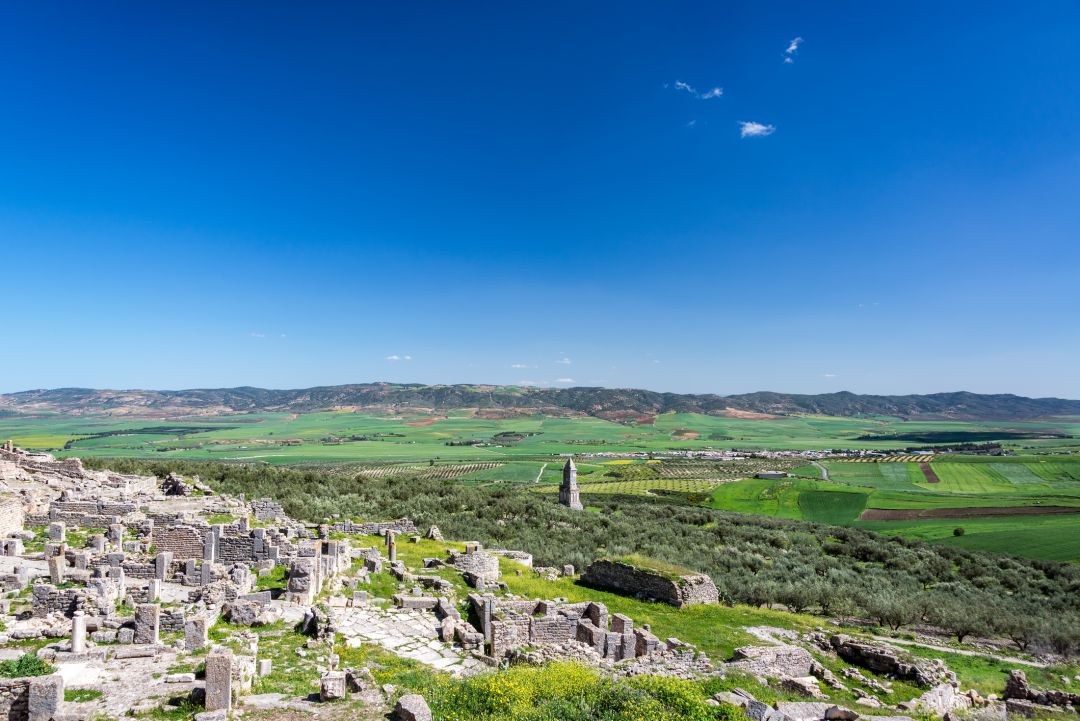
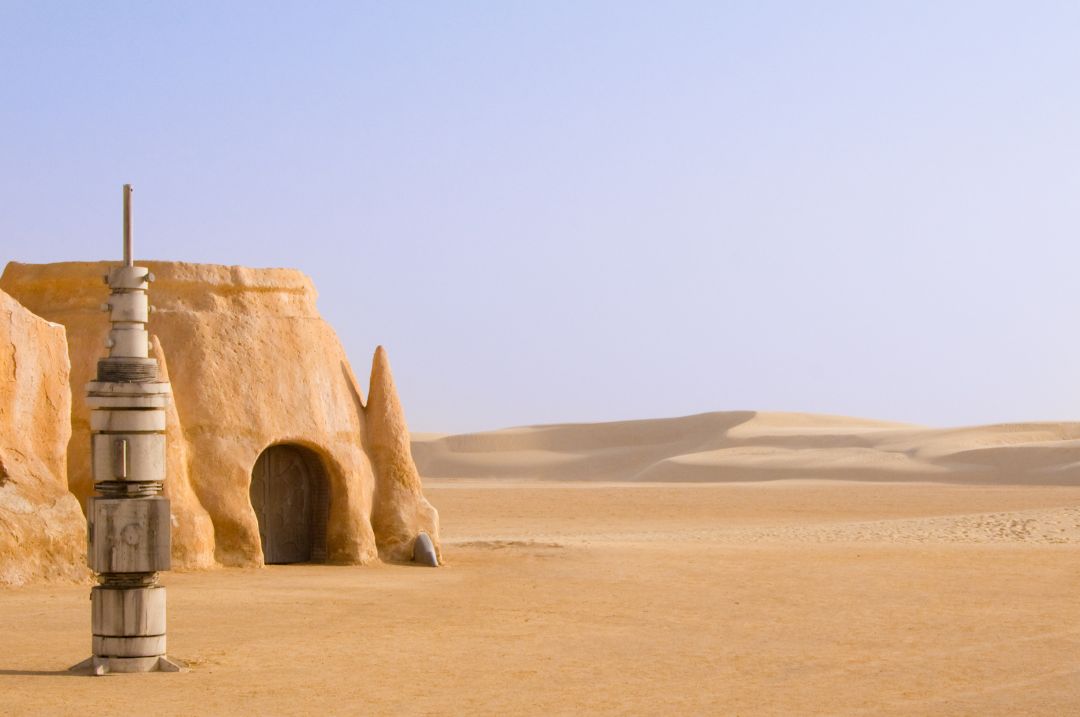
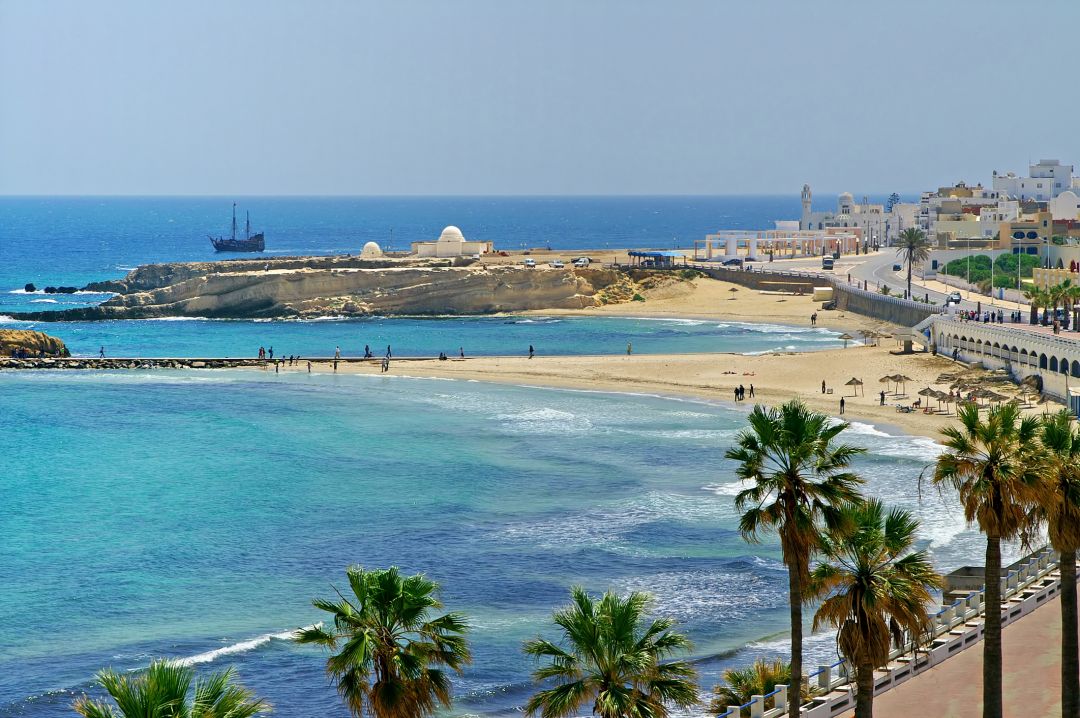
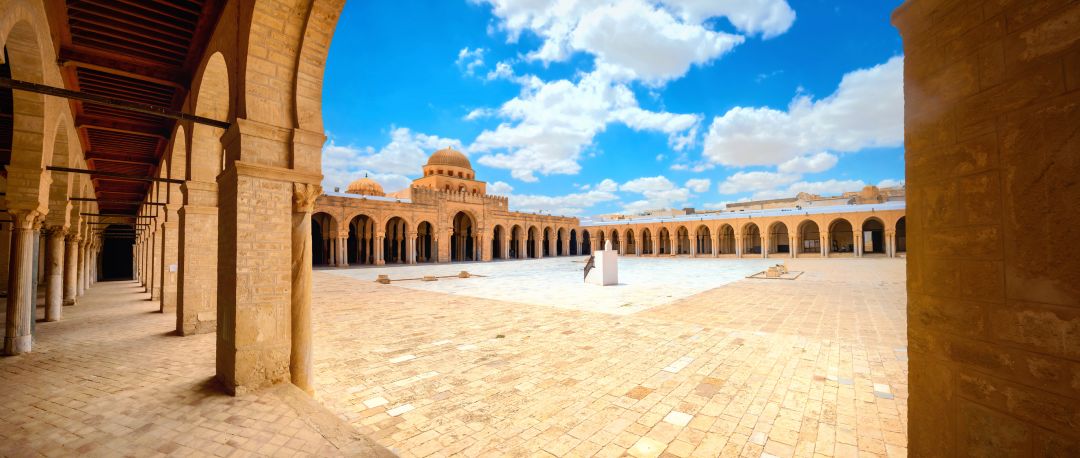
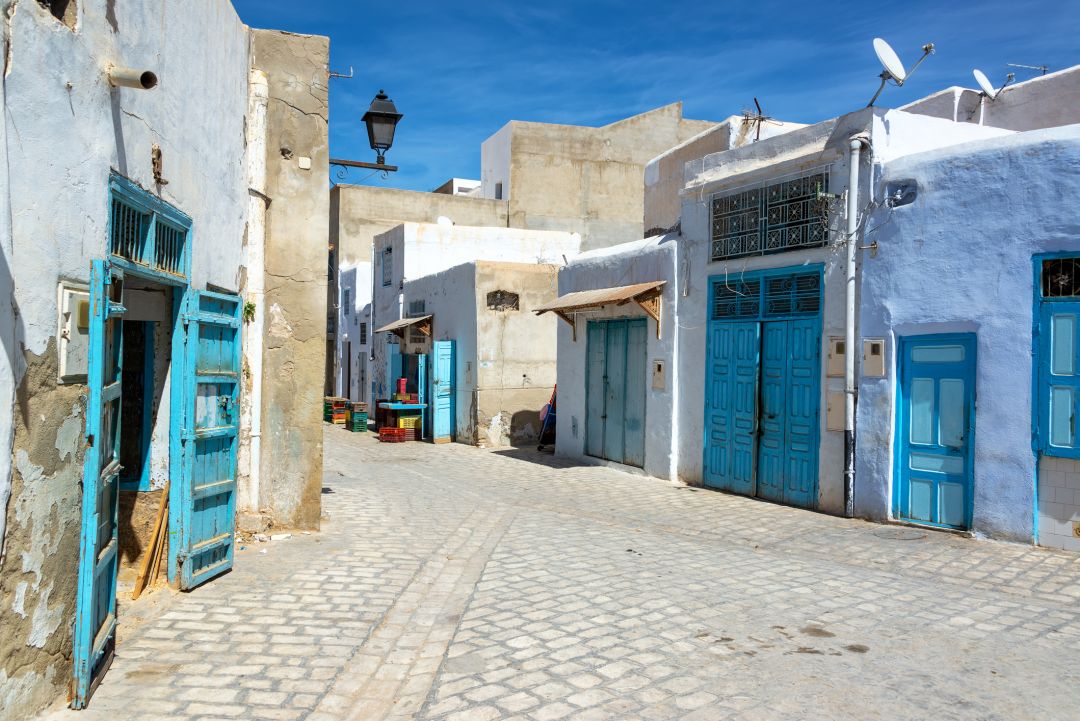
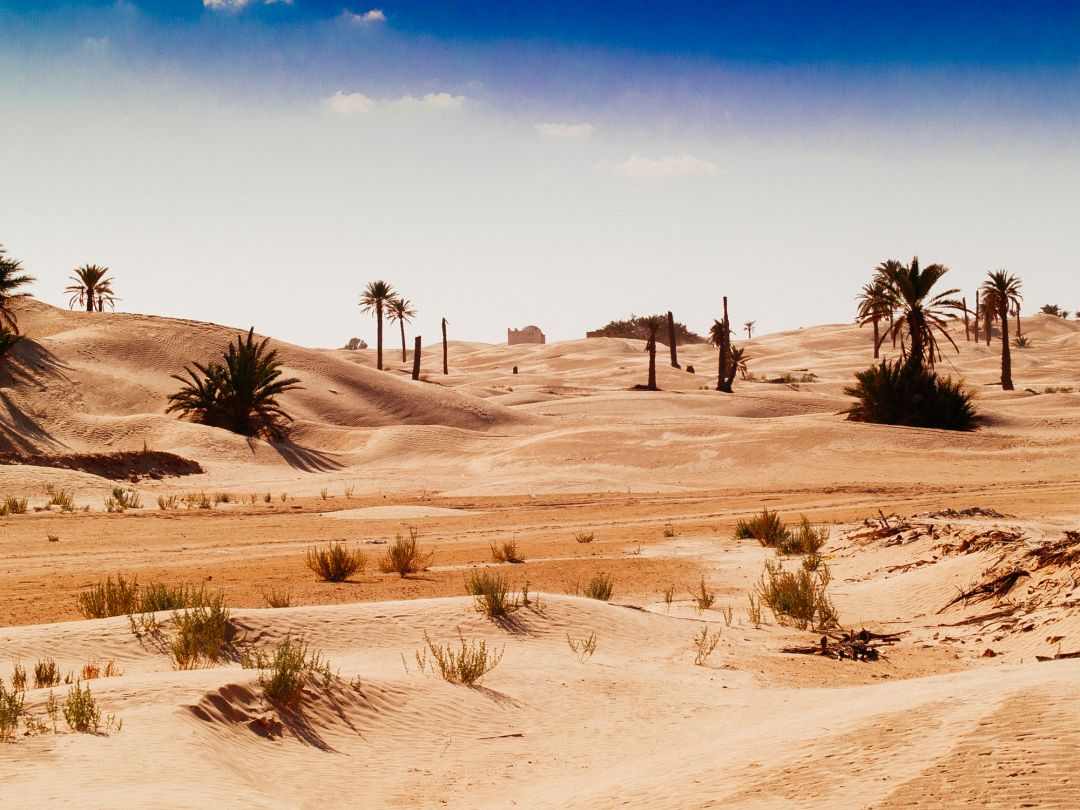
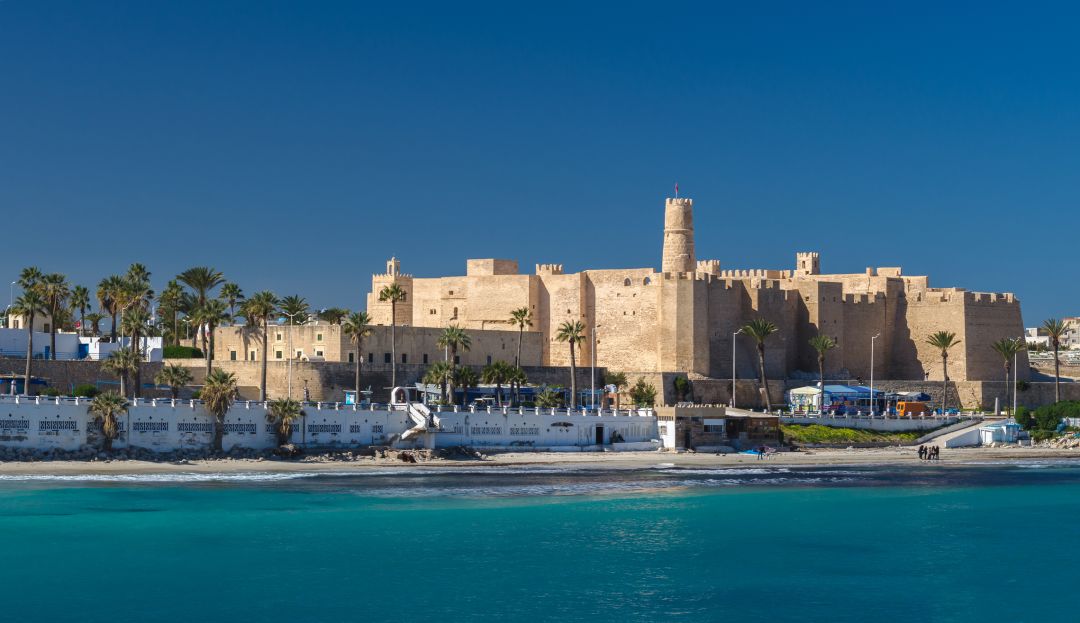
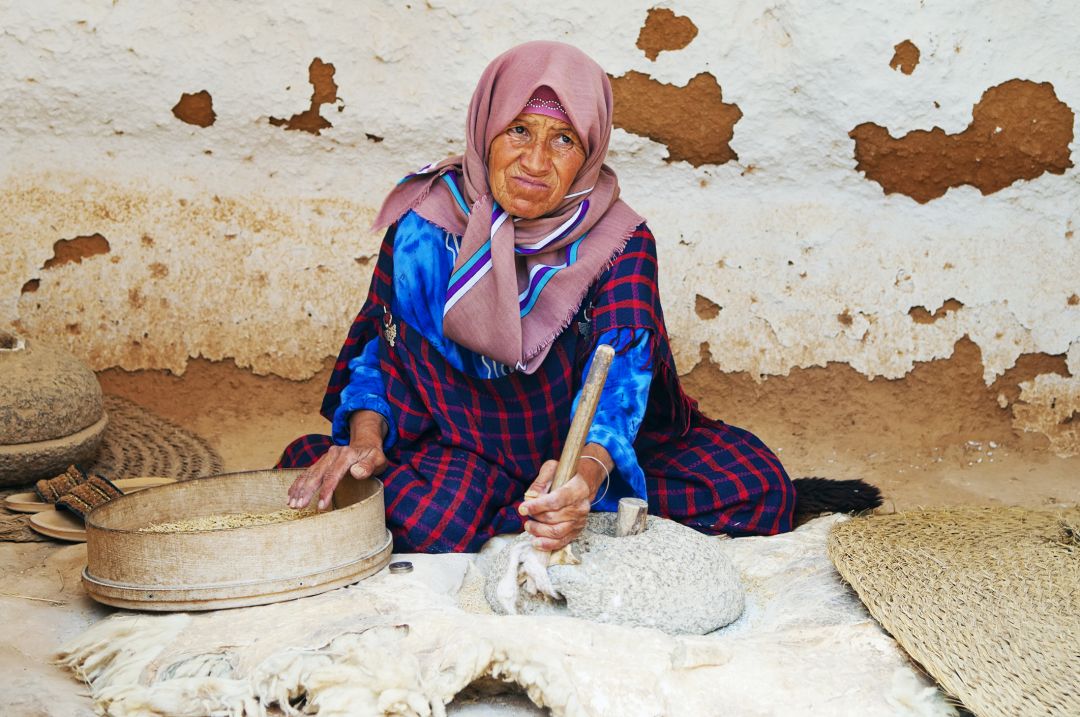
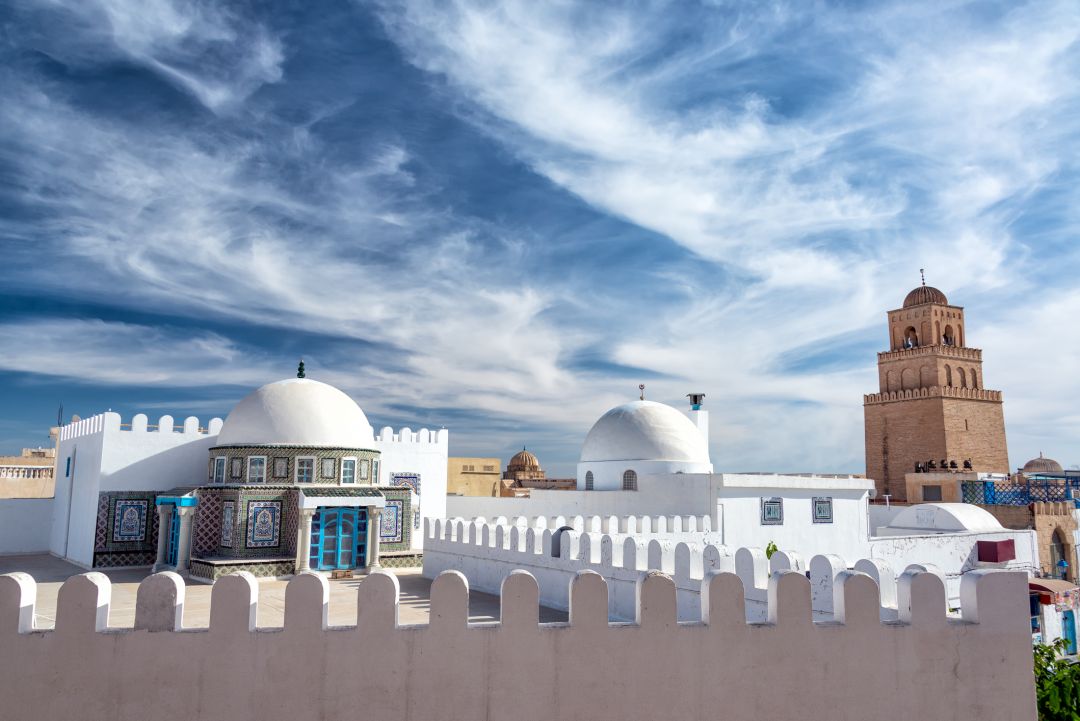
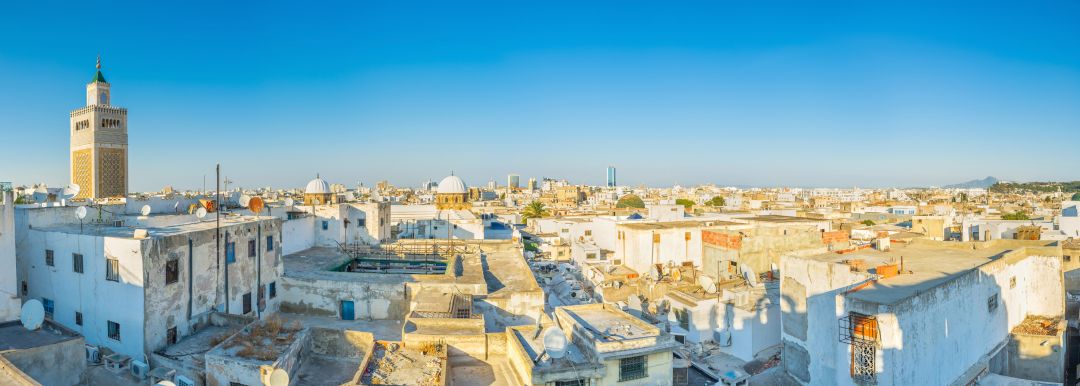
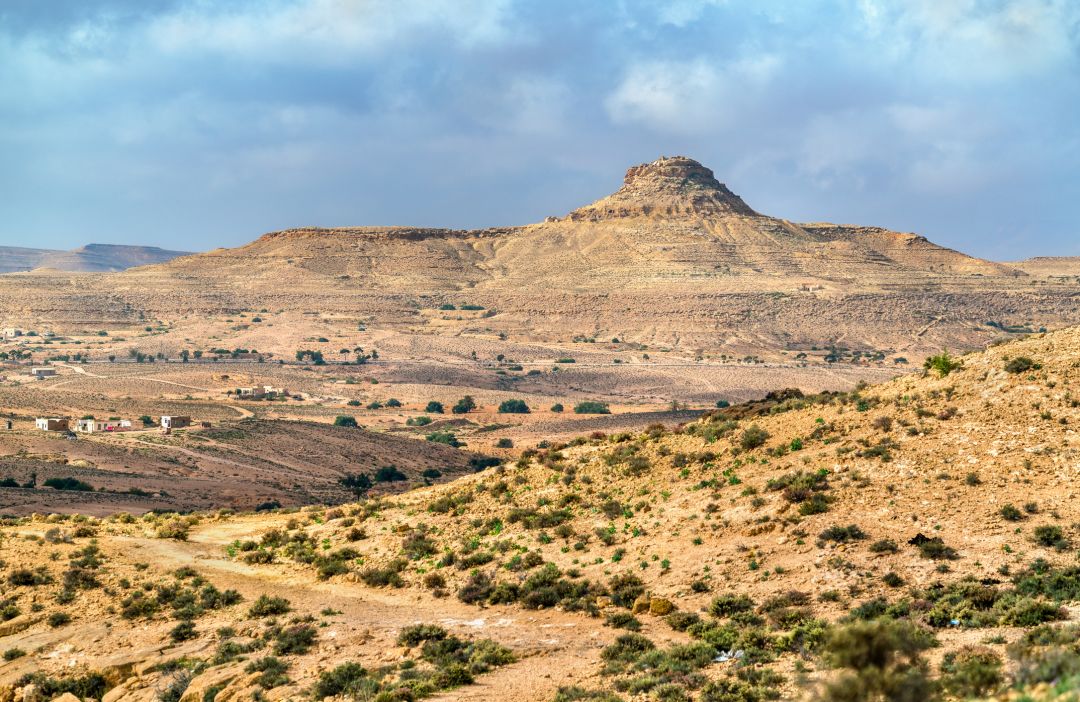

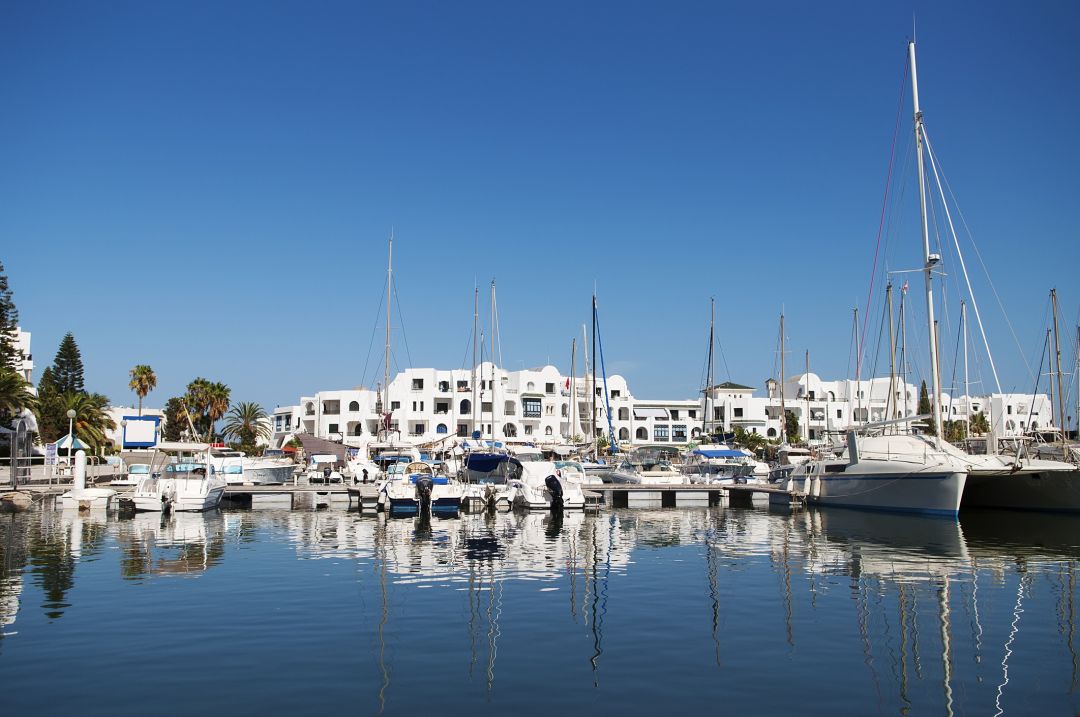
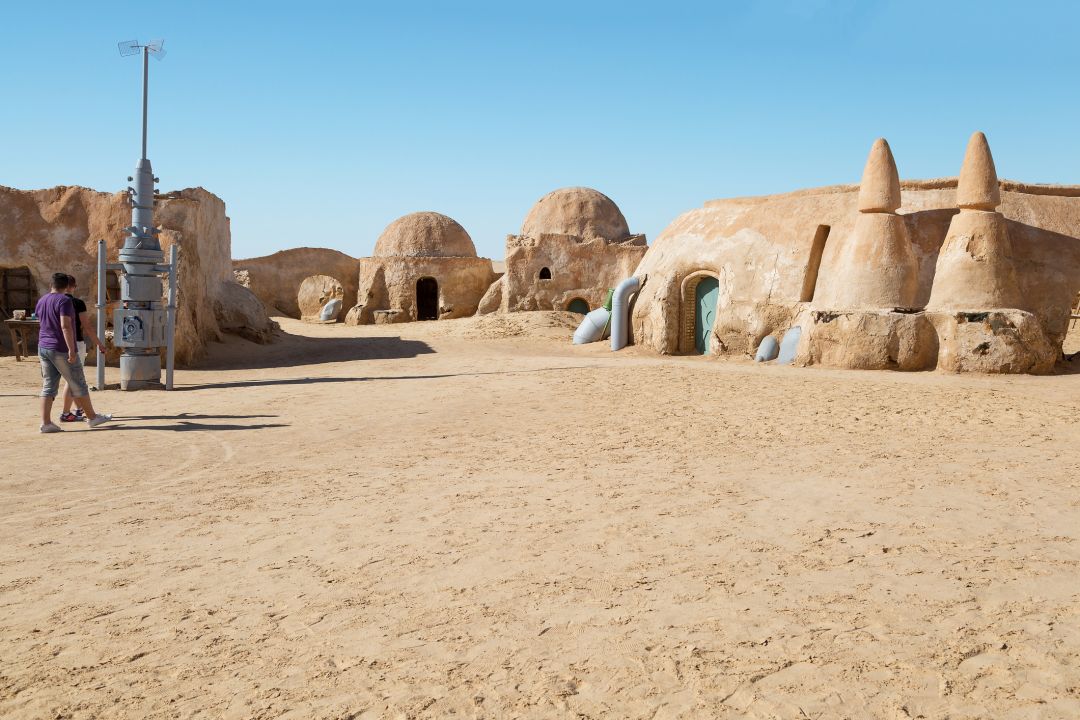
To view images fullscreen please turn device
Overview
Encompassing the eastern edge of the High Atlas Mountains and the northern reaches of the Sahara, Tunisia’s slim wedge of land is home to some of North Africa’s most spectacular ancient remains. If more recent history has not been kind to Tunisia, antiquity was more benevolent, leaving behind it a legacy of World Heritage Sites and Berber strongholds that are amongst the finest anywhere on the continent.
Here, between palm-fringed beaches and desert dunes you can find ...
Encompassing the eastern edge of the High Atlas Mountains and the northern reaches of the Sahara, Tunisia’s slim wedge of land is home to some of North Africa’s most spectacular ancient remains. If more recent history has not been kind to Tunisia, antiquity was more benevolent, leaving behind it a legacy of World Heritage Sites and Berber strongholds that are amongst the finest anywhere on the continent.
Here, between palm-fringed beaches and desert dunes you can find the remains of mighty Carthage and Imperial Rome, along with the splendid reminders of the Umayyad dynasty and the labyrinthine alleys of some of the most captivating medinas and old towns in the Arab world. Part of the Muslim dominated Maghreb region of Northwest Africa and a cultural melting pot of architecture, ideas and customs, the country can also boast a remarkable natural diversity. Covering some 164,000 square kilometres, from the broad coastal plains of the Sahel, home to some of the finest olive orchards in the world, to the semi-arid landscapes of the south, where you can find the great salt lakes of the Chott el Djerid and the oases towns of Tataouine, the country is awash with incredible highlights.
Meet the Experts
Start your journey
Group tours
Travel to Tunisia with like-minded people on one of our small group tours (usually max size 12), featuring knowledgeable local guides and an expert tour leader.
HIGHLIGHTS OF TUNISIA
BEST EXPERIENCES
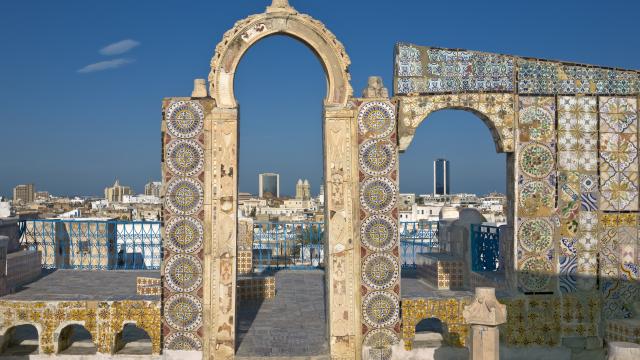
The Medina of Tunis
Wander the medina of Tunis, a UNESCO site made up of over 700 monuments, including palaces, mosques, mausoleums, madrasas and fountains dating from the Almohad and the Hafsid periods.
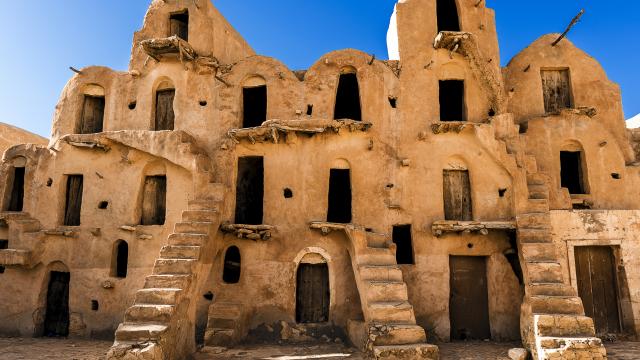
Visit Tataouine
Visit Tataouine, famous for providing the iconic desert backdrop in the original Star Wars film.
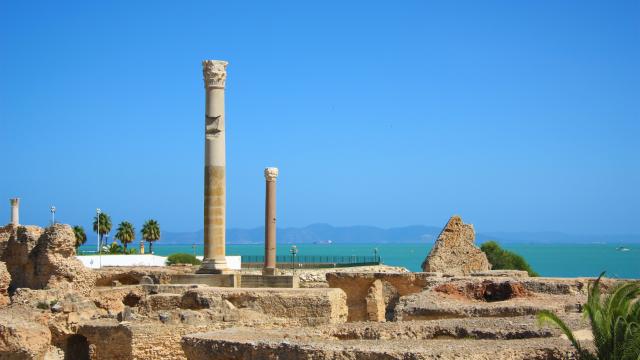
Ancient Carthage
Explore the ancient city of Carthage, one of the great cities of antiquity. Just 10 miles from the capital, the city was established by the Phoenicians in 814 BC and quickly became their largest colony, before gaining independence and becoming the key commercial and trading hub in the Mediterranean.
Discover more
WHEN TO GO
The best times to travel to Tunisia is during spring (March – June) and autumn (September – October), due to the very hot summers (July – August). Temperatures can range between 15-25OC in spring and autumn on the coast, whereas in the desert it can range between 25-35OC. The country’s location on the Mediterranean allows for sunny weather most of the year. The southern part of Tunisia falls under the Sahara Desert, where temperatures are higher, and night-time temperatures are significantly cooler.
